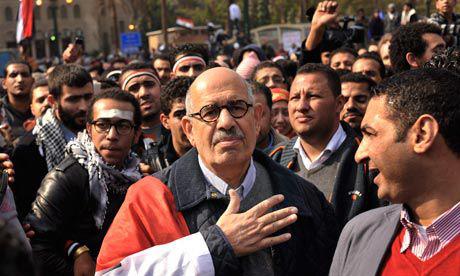
(Photo Handout from The Nile Project Facebook page)
Bongo beats follow the mellow marimba tunes as the singer starts chanting, eloquently juggling between the languages spoken in the Nile basin countries. The chorus follows in Arabic: “We’re all one, in every part of the world, we’re all one.”
Kulina Wahed (We’re all one) is one of the songs produced by The Nile Project in its first album. The song bears the ethos of the project: transforming the Nile conflict into a dialogue, through music, education and innovation.
Founded in 2011 by the project’s president and CEO, Egyptian ethnomusicologist Mina Girgis, and Ethiopian-American singer Meklit Hadero, the project brings together musicians from different Nile basin countries.
“[The project] uses music to expose the audience to their neighbours’ culture to resolve the conflict,” said Girgis.
Eighteen singers from Egypt, Sudan, Kenya, Uganda, Ethiopia and other Nile basin countries joined the project during its launch early in 2013 to produce its first album Aswan, which borrows its name from the city where it was produced.
After successful performances in Egypt, the project organised a tour around Africa in 2014. Fourteen musicians, including Egyptian singer Dina El-Wedeidy, Sudanese Al-Sara and Ethiopian Selamnesh Zemene, performed in 13 concerts, starting from Uganda, the river source, and ending in Egypt, the mouth. Concerts featured music that was collaboratively composed at a gathering in Uganda, according to the project’s website.

(Photo Handout from The Nile Project Facebook Page)
However, The Nile Project’s activities are not restricted to music. 20 university students from Egypt, Ethiopia, Uganda, Kenya and Tanzania will be offered an 18-month fellowship to “immerse them in an intensive exploration of the Nile basin and awaken their sense of stewardship for the river.”
In addition to the fellowships, the project will award “incentives” to university students who develop possible solutions to Nile food sustainability challenges.
The project tours also include workshops that introduce university students to their “neighbours’ culture”, and discuss possible collaboration with fellow students from other countries, Girgis said.
The musicians gathered in Minya for two weeks, and will also give two concerts in Cairo and Alexandria this November, as a part of the preparations for their next tour. The tour, which is scheduled to take place between January and May 2015, will bring the culture of the Nile to the United States.
“Anyone can be a Nile citizen,” said Girgis, explaining that collaboration to solve the conflict doesn’t have to be restricted to residents of Nile basin countries.
Nile basin countries have been locked in a diplomatic dispute, which reached its peak in 2013, regarding the construction of the Grand Ethiopian Renaissance Dam, which Egypt fears will have a detrimental effect on its share of Nile water. Egypt utilises more Nile water than any other country, using 55bn cubic metres annually, as stipulated in agreements that were signed in the absence of Ethiopia.

(Photo Handout from The Nile Project Facebook Page)
“Identity is the root of the conflict,” said Girgis. “It’s a powerful question about who deserves the resources.”
“The dichotomy” between Egypt being a Mediterranean or an African country, makes the situation “challenging” not just for Egyptians, but for some Africans who view Egypt as “different” from other African countries, he said.
Questions about such challenges have been raised in the project’s discussions, and in previous workshops. Workshops have focused on the Nile and African identity, the relationship between ancient Egyptian civilisation and the roots of European civilisations, and how some Egyptians are trying to promote “a new sense of identity” that is connected to Africa, Girgis said.
“We faced some bureaucracy and worries about the content of the workshops,” he said, “but also a lot of enthusiasm about what’s happening. The enthusiasm was much more.”
The Nile Project will have concerts on 27 November at Sawy Culturewheel, and 28 November at the Bibliotheca Alexandrina.



